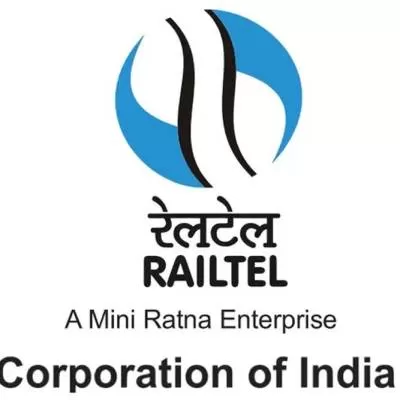Schedule a Call Back
Create a company culture that drives success!
 A company?s culture drives its success. It is the one thing competition can not duplicate because it is unique to the business. That is one reason why a company?s culture is so important. It is a unique differentiator that can be a competitive advantage or disadvantage.
A company?s culture drives its success. It is the one thing competition can not duplicate because it is unique to the business. That is one reason why a company?s culture is so important. It is a unique differentiator that can be a competitive advantage or disadvantage.An organisation?s culture is based on the company?s values. Successful companies have values that are meaningful to the organisation, which are the shared beliefs that guide all actions. For example, if honesty, integrity and transparency are values that are essential to the company; lying, stealing and being untruthful would not be tolerated. People demonstrating these behaviours would not be welcomed on the jobsite. Instead, contractors would hire employees, contractors and subcontractors that share the same values of honesty, integrity and transparency.
Organisational culture is defined as a group of internal values and behaviours in a company. It includes experiences, ways of thinking, beliefs and future expectations. It is also intuitive, with repetitive habits and emotional responses. A company?s culture defines how business is conducted and how people interact with stakeholders, including employees, contractors, subcontractors, customers and the community.
A contractor?s brand and reputation depend on the cultural aspects of the company. If a contractor is known to build a high-quality product using the best materials, taking shortcuts or using less expensive or inferior materials would not be acceptable.
Companies with strong cultures tend to be higher performers. If employees, contractors and subcontractors are happy in an organisation, then they will have increased performance and will want to deliver better results. Culture can drive positive traits like mutual respect, trust, taking responsibility, helping others and collaboration. It can also let people know that they are contributing to the success of the company.
Culture is created by the leadership of the organisation based on the organisation?s corporate governance protocols. Leaders set the tone of the organisation. People watch to see if leaders are living by the values of the company. It is critical that leadership ?walks the walk and talks the talk.?
Benefits of a strong culture
There are many benefits to having a strong company culture, including the following.Strategies for developing a strong culture
There are a lot of consultants that can provide guidance on how to develop a strong culture. A consultant might be able to see something in the company that is overlooked by leadership. Regardless, if a contractor hires a consultant, there are basic steps that will help, including the following:1. Develop a committee to work on company values. Include people from different areas of the company.
2. Decide what the company should stand for and what values are most important to drive the organisation towards its goals.
3. Develop a list of on- and off-brand behaviours based on the company?s values.
4. Write down behaviours to start doing more and the ones that need to be stopped.
5. Create communication channels to let everyone know about the vision and mission that will drive the company?s culture.
6. Train employees on what is expected and how they should act to demonstrate that they buy into cultural behaviours and expectations.
7. Recognise people who are living the company?s cultural values. Shout out what they are doing and how it impacts the organisation.
8. Develop an incentive program to reward and recognise people who are living by the company?s values.
9. Document your values and behaviours so everyone knows what is expected.
10. Tie values-based behaviours to employee bonuses and compensation.
11. Hire people who will embrace the company?s values.
12. Post the values in common space. Consider opening meetings by reading the values to participants.
Strong communication is essential. Encourage everyone to express their thoughts, even if they may be in conflict. When people know that they will be listened to and heard, they will be more inclined to make suggestions on how to improve operations and efficiencies. When people communicate freely and openly, problems get solved and challenges are resolved. Companies that are not transparent and do not disseminate information to everyone, do not gain buy in or trust that could lead to an under-performing team, loss of profits and a devalued brand.
Written by Martin C. McCarthy, Managing Partner, McCarthy & Company, PC Martin C. McCarthy, CPA, CCIFP, is the managing partner of McCarthy & Company, a leader in construction accounting.
Reprinted from Construction Executive , July 1, 2020, a publication of Associated Builders and Contractors, copyright 2020. All rights reserved.


Subscribe Now
Subscribe to our Newsletter & Stay updated
RECENT POSTS
Popular Tags
Folliow us
Related Stories
Transrail PAT Doubles to Rs 1.06 Billion in Q1 FY26
Transrail Lighting Limited, a leading Indian EPC firm specialising in power transmission and distribution (T&D), reported robust financial pe...
Allcargo Gati Q1 EBITDA Rises 18 per cent to Rs 140 Million
Allcargo Gati Limited, one of India’s leading express distribution and supply chain management firms, has announced its audited financial resul...









